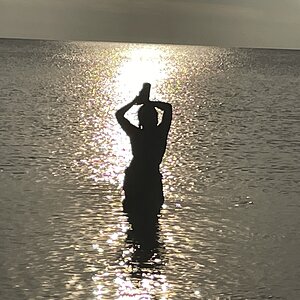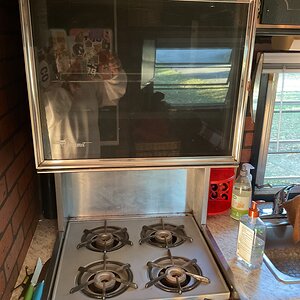hello!
we are snowbirds in Central florida. we own a Jayco redhawk 29-xk 2017. while connected to city water the fresh water tank gets fillled and comes out from the 3 hoses of the overflow under camper. we tried everything. we went thru 3 shure flow water pump thinking that the switch valve was bad. we ve been told to add a regulator and add a shut off valve after the pump. it’s still leaking. jayco said we could try to replace the manifold. that’s 360$ we are not sure if that wil solve the problem. anybody ran into this type of problem?
we are snowbirds in Central florida. we own a Jayco redhawk 29-xk 2017. while connected to city water the fresh water tank gets fillled and comes out from the 3 hoses of the overflow under camper. we tried everything. we went thru 3 shure flow water pump thinking that the switch valve was bad. we ve been told to add a regulator and add a shut off valve after the pump. it’s still leaking. jayco said we could try to replace the manifold. that’s 360$ we are not sure if that wil solve the problem. anybody ran into this type of problem?












